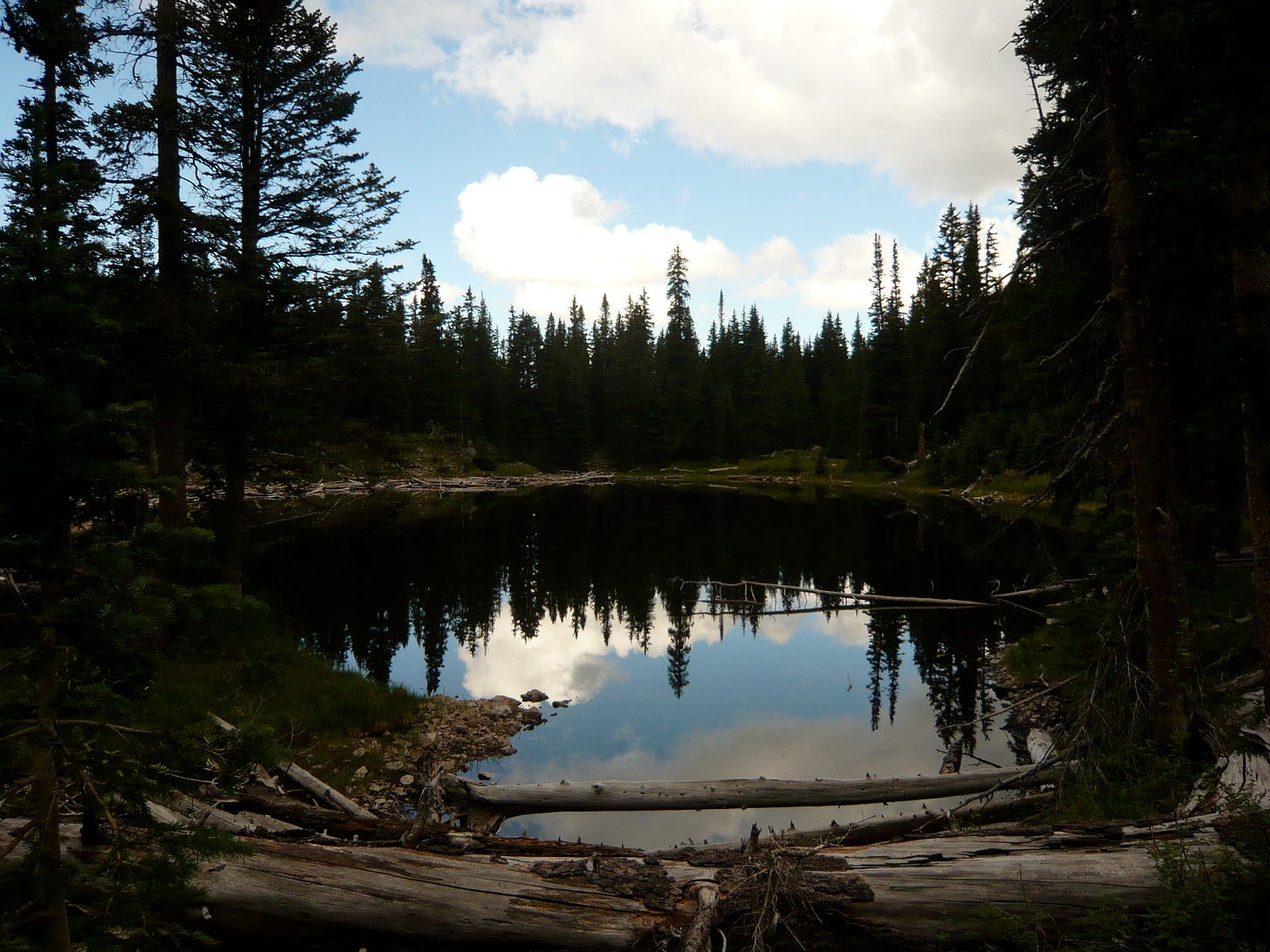Readings
(click the header to view the readings)
Isaiah 5:8-12,18-23
1 Thessalonians 5:1-11
Luke 21:20-28
Reflection
The high level concerns in today’s readings are:
Isaiah: a condemnation of exclusivity, wealth, drunkenness, and corruption. The people to whom these verses are addressed also await the fulfillment of God, but see it as something else for them to acquire.
1 Thessalonians: a discussion about how the “Day of the Lord” will arrive unexpectedly, with admonitions to be sober and awake so as to be ready.
Luke: a section of apocalyptic that describes the world in disarray before Christ returns with power for the redemption of his people.
What concerns are expressed here?
One basic common theme shared by the teachings is unpreparedness. In Isaiah, the people are wealthy and live frivolously, unprepared and unaware of the consequences of their forgetting the covenant. The epistle and gospel readings both deal with the unexpected nature of the eschatological moment and how unprepared people may be for it.
A second common theme is more fundamental, as it concerns the reason for unpreparedness, which is being lost in forgetfulness, whether induced by sleep, drunkenness, or a lack of attention and awareness.
What is requested of us?
We are called to be awake and be prepared. These are words that are part of our common parlance, but in the context of most spiritual traditions, their meanings go beyond common usage.
Being awake doesn’t simply mean that the person is not physically asleep. It refers to a clarity of thought that allows the thinker to apprehend and comprehend reality. The person who is awake really knows what is happening, their mind reflects reality. This quality of being awake will not arise without effort. One must stabilize the mind, purify the perceptions, and cultivate the skill of looking deeply. Contemplative and meditative practices are essential to achieve awakening, and I want to encourage all of my readers to start practicing today.
Here are a few suggestions for getting going. It is really important to not just read about contemplative practice, but to use the book to help you actually do it. A good starting point for Christians is Martin Laird’s Into the Silent Land. If you are interested in the Buddhist perspective, I would recommend either The Miracle of Mindfulness or You are Here, both by Thich Nhat Hanh. If you are interested in an interfaith perspective, Living Buddha, Living Christ and Going Home: Jesus and Buddha as Brothers are both wonderful, and they are also by Thich Nhat Hanh.
The person who has gained some stability in awakening will naturally be drawn to being prepared. Via awakening, they understand the preciousness of life and of the short time we’ve been given between birth and death. They recognize that each ‘now’ is a moment we should spend wisely, because each moment is the eschatological moment, passing away without any opportunity for a replay. Yet an awake person isn’t precious, anxious, or sentimental about these fleeting moments, because that would be a waste. They simply inhabit them as fully as they possibly can, awake to how precious they are and attentive to whatever they bring. This is preparedness.
Where is the hope?
As we start to actualize the skills of awakening and preparing, we find a richness and depth in our lives that removes ambivalence, confusion, and fear. With these hindrances diminished, it becomes much easier to cultivate compassion and loving-kindness in our hearts. When we receive these fruits of the Spirit, we become attuned with the desire of the Divine, which longs for abundant life for all people. Nothing in the universe can fulfill us as much as playing a part in the realization of that desire. It is what we were made for.
Prayer
Great Awakener, still our minds, clear our perceptions, and give us vision so that we may awaken to what is. Kindle our hearts and amplify our courage so that we may engage what we awaken to with compassion and love. Amen.




